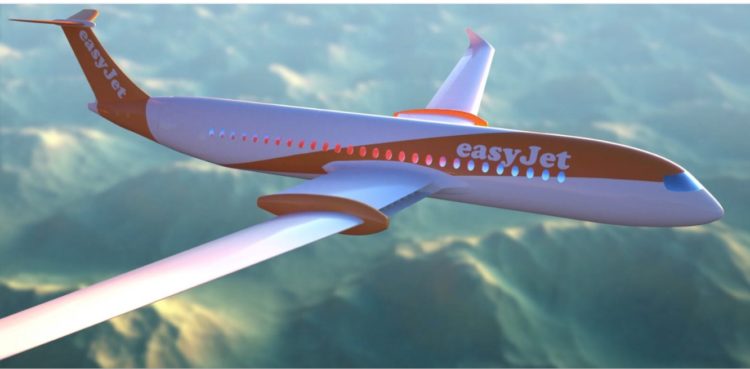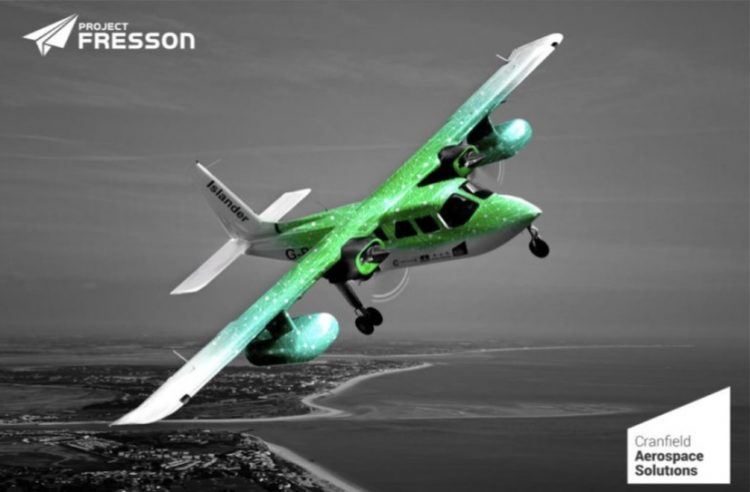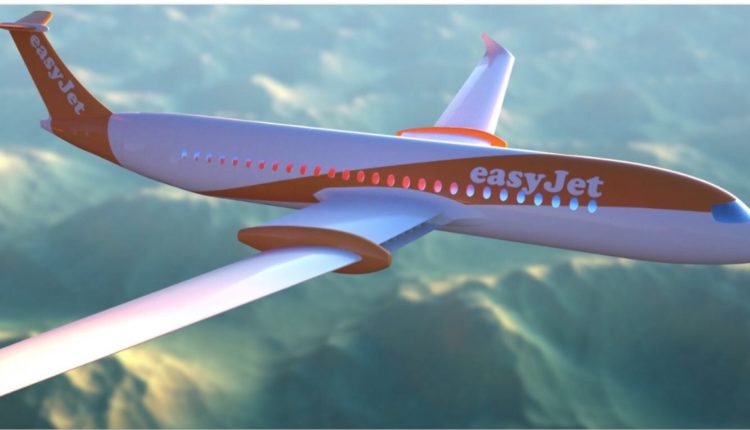In recent months easyJet, which operates 25 routes out of Liverpool, has stepped up its decarbonisation plans and has now entered into a partnership to develop a hydrogen-powered aircraft. Tony McDonough reports

Low-cost airline eastJet is revealing another deal in its mission to decarbonise its business with a partnership to develop aircraft powered by hydrogen.
Late last year, the carrier, which operates 25 routes out of Liverpool John Lennon Airport, said one of its pilots, Debbie Thomas, was one of 100 aviation and aerospace experts joining the FlyZero project.
This will support planemaker Airbus, which operates a huge wing-making plant near Chester, to develop a hydrogen-powered aircraft that could carry 279 passengers halfway around the world without a stop or anywhere in the world with just one refuelling stop.
Now easyJet also says it is joining forces with Cranfield Aerospace Solutions (CAeS) on the development of zero-emission aircraft. CAeS is working on a hydrogen fuel cell propulsion system for commercial aircraft.
Its technology will initially fuel an existing nine-seat Britten-Norman Islander aircraft, which is planned to be flying by 2023. The company is working with easyJet to understand how the adoption of zero-carbon technologies could integrate with airline operations.
For its part, easyjet will be providing an airline operator’s perspective on the development of hydrogen propulsion and internal expertise. David Morgan, director of flight operations, easyJet, said: “easyJet remains absolutely committed to sustainable flying and towards a future with zero-emission flying.
“We know that technology is a key driver to achieve our decarbonisation targets with hydrogen propulsion a frontrunner for short-haul airlines such as easyJet. We are dedicated to working with industry-leading partners to support the development of these promising new technologies.”
Since 2017, easyJet has been working with US-based Wright Electric to develop a commercial airliner that would run off electric batteries rather than aviation fuel. Earlier this year the project reached a major milestone when it started testing a 2MW motor.

Since the COP26 summit in Glasgow late last year, countries around the world have stepped up their commitment to a net zero carbon future. Pressure is now on sectors such as transport to develop ways of transporting people and goods across the world without the need for fossil fuels.
Paul Hutton, chief executive of CAeS, added: “CAeS is committed to ensuring the wide-spread adoption of zero-emissions aircraft and for this to succeed, the solutions must be commercially viable.
“EasyJet is ideally placed to help shape our development with the end user in mind. Our nine-seat hydrogen fuel cell powered B-N Islander development is a vital first step in our journey to design and manufacture larger, longer range, regional aircraft between 19 and 100 seats.
“To have easyJet come with us on this journey is a great example of how organisations large and small must come together to secure the future of our industry and the planet.”
Also in December, easyJet said it was to embark on a new research project with Rolls-Royce. The study will look to explore alternative energy and power systems, including low carbon and zero-emission technologies, and their application for aircraft.

